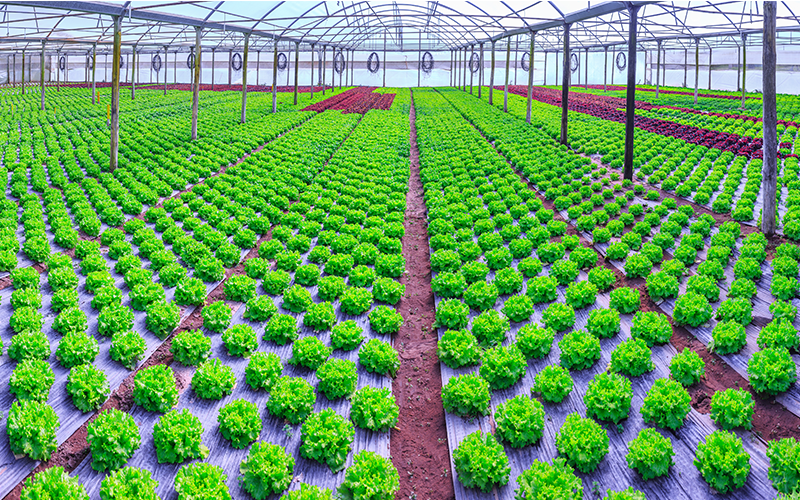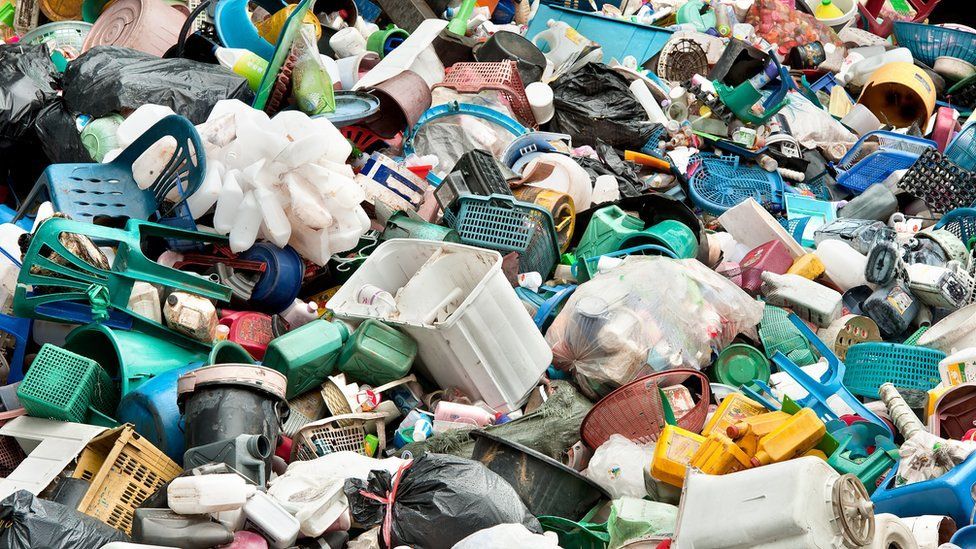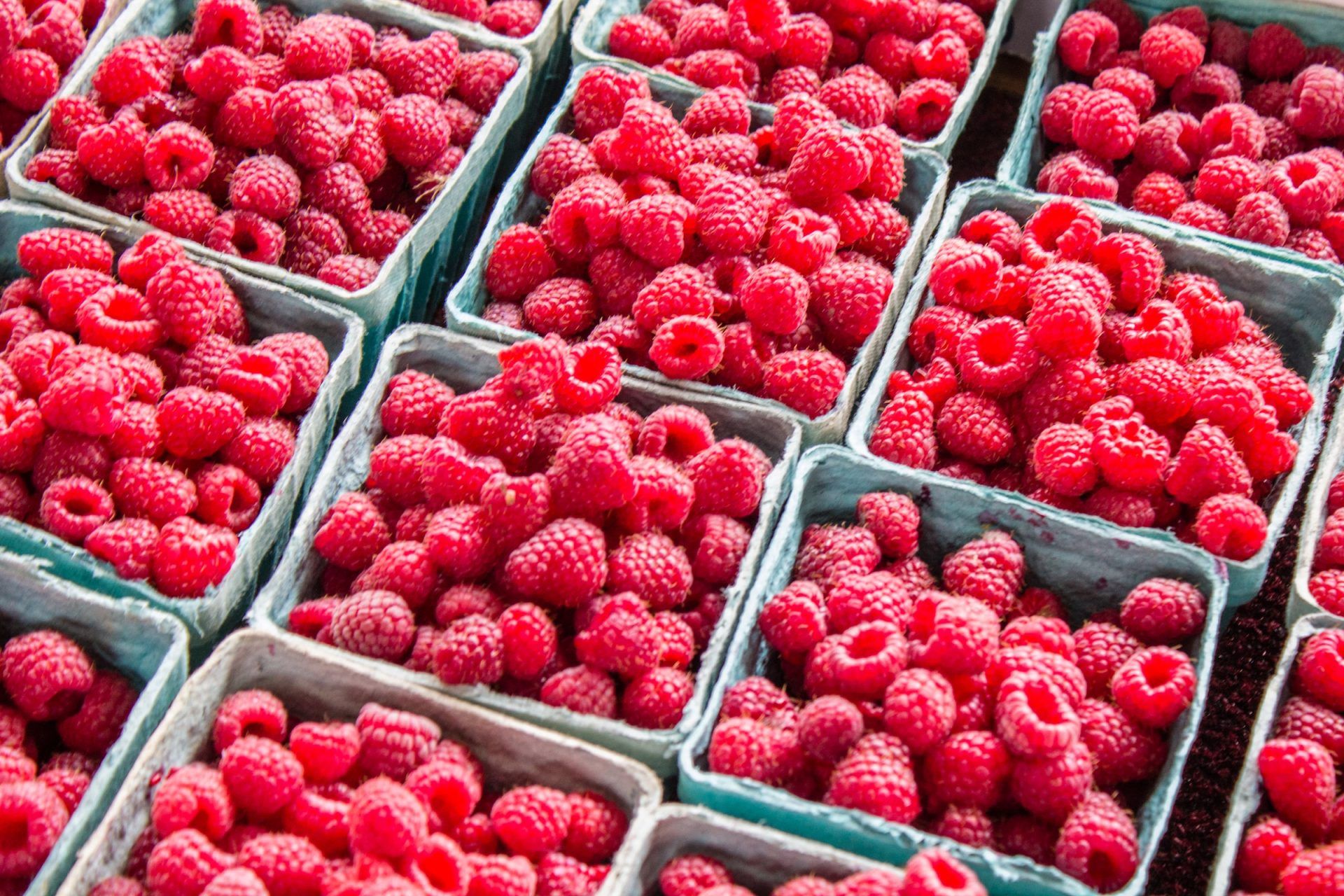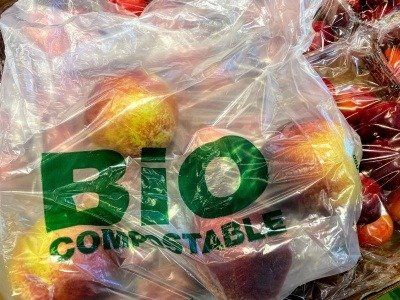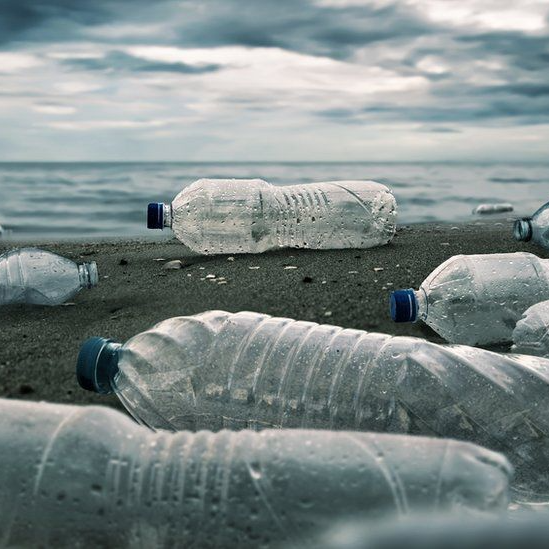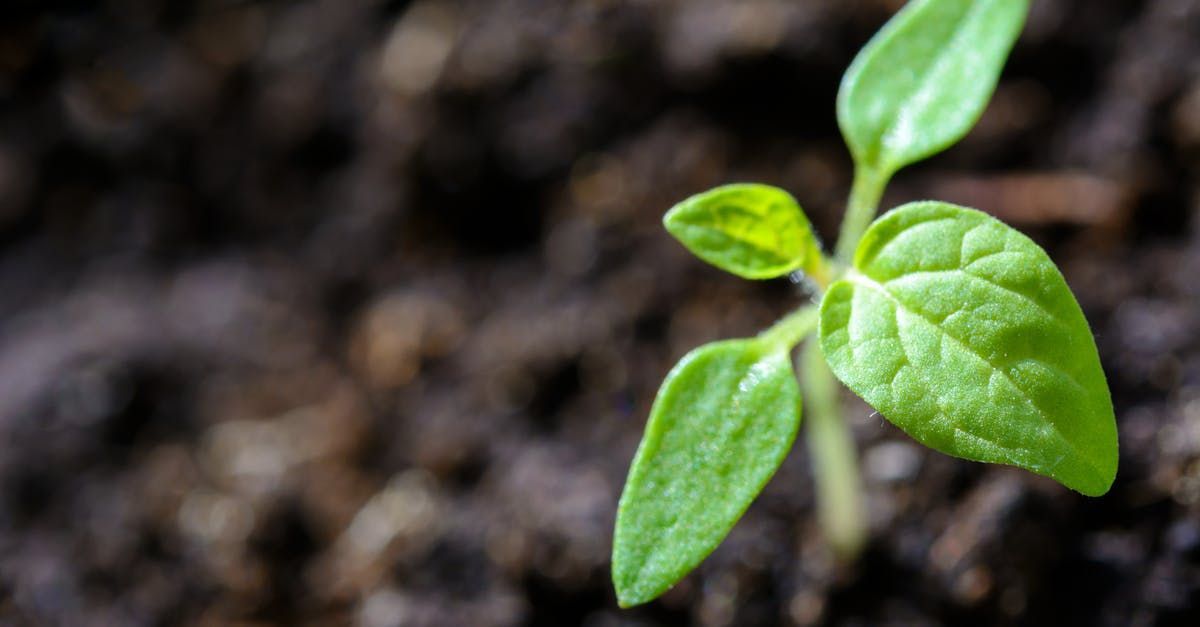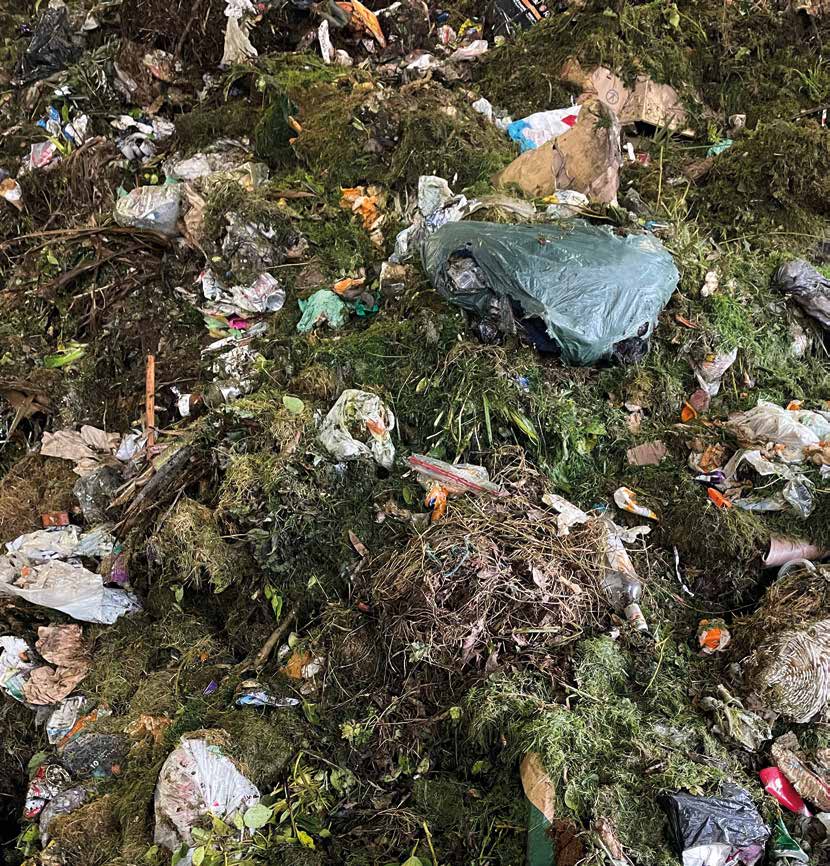UCL research shows need for industrial composting and clearer labelling
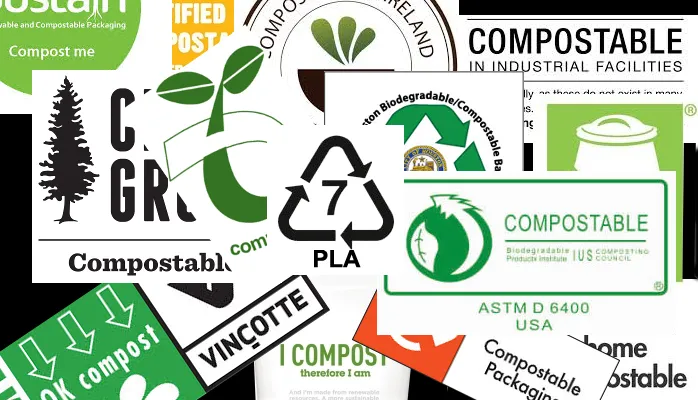
Responding to this week’s
UCL study into the use of home compostable packaging in the UK, Chairman of the Bio-based and Biodegradable Industries Association, Andy Sweetman, said:
“The results of this welcome research show that compostable packaging actually does biodegrade but that there is huge variability when the process is handled through home composting, and confusion over which materials are suitable. Many home composters are actually trying to compost plastics which are not at all compostable. We need to end the use of terms like degradable and biodegradable to avoid consumer confusion."
“In order to treat food and garden waste most effectively on a large scale, we need household collection systems and industrial composting. Consumers should be encouraged to place certified compostable packaging into their food waste bins as in many countries around the world."
“Home composting is a part of the picture and we encourage this practice, while large scale composting achieved through an industrial process, involving both a composting phase and anaerobic digestion to produce soil-improvers and biogas will give all householders a route to recycling food and garden waste along with certified compostables".
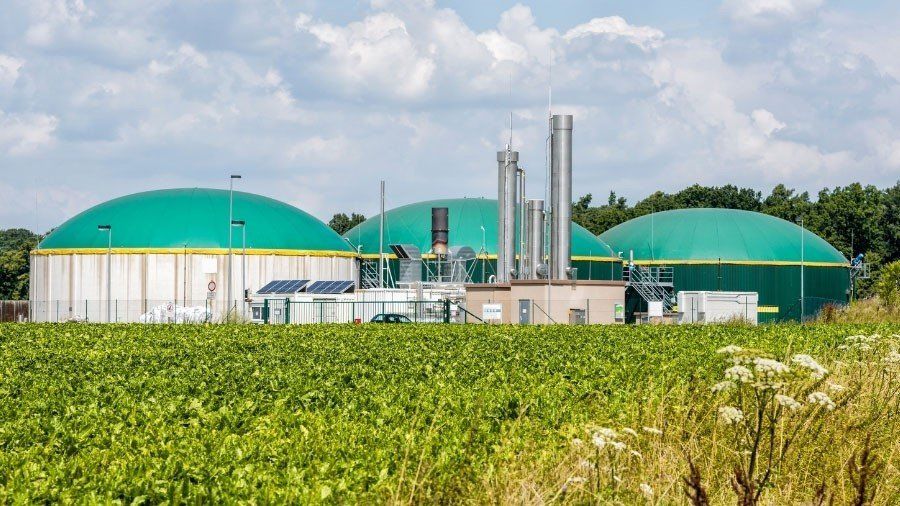
Anaerobic Digestion Plant
BBIA represents UK producers of compostable plastics, an industry that is a relative newcomer to the world of packaging materials. Whilst we have mature businesses operating here, we are also still on a steep technological learning curve and always welcome the opportunity of improving our materials and infrastructure to maximise ecological benefits.
Further background analysis on the UCL study, which BBIA members participated in, is below:
(a) Home composting is by its very nature a variable process. There are various types of home composting unit; the mix of garden and any kitchen-source organic waste added will differ, as will local geography, weather and moisture content as well as the level of experience of the gardeners themselves.
(b) The report itself confirmed that only 40% of the packaging items added by householders actually carried a claim of home-compostability and indeed 46% of the items added did not make any claim to any relevant standard whatsoever. As such, ‘perfect’ levels of compostability could never have been achieved.
(c) Independently certified home-compostable materials do compost: Given the varied source of the packaging items added into the home-compost units, it is actually quite impressive that 45% of all items tried out had either completely disintegrated or broken down to less than 2mm and a further 31% showed significant levels of degradation. Only 24% of items failed to show any notable break-down, most likely those which made no claim to be compostable in the first place!
(d) The report itself states that compostable materials play an important role; they facilitate the reduction of conventional plastic waste that leaks through food waste treatment systems to soil. According to the Environment Agency a variety of sources are inadvertently spreading some 100KT of conventional persistent plastics to soil in the UK annually. Using compostables in applications that on disposal are likely to be co-treated with food waste will dramatically reduce that pollution.
(e) Consumers are not professional waste management experts. The BBIA both fully supports and indeed is actively engaged in delivering better and more consistent labelling of compostable products. We also call for an end to any unclear or unsubstantiated on-pack terminology such as ‘degradable’ or ‘biodegradable’ that may confuse them. The BBIA is clear, however, that appropriate independently certified and marketed compostable packaging is not greenwashing.
(f) Home composting is welcome, and we encourage it, but we also recognise that only a small part of the public can take part. In order to treat food and garden waste professionally we need collection systems and industrial composting along with anaerobic digestion to producer bio-fertilisers, soil-improvers and biogas and ensure treatment is carried out according to the highest environmental standards. Already in the UK 24 large scale composting facilities actively collect and process compostable packaging materials.
(g) Compostable materials (bags, caddy liners and so on…) play a crucial role in maximising the collection of such waste ensuring less contamination from plastics and pollution to soil. Such systems are growing across the globe from Korea to California, Italy to Denmark, Austria to Spain. Here in the UK we need further investments in and technological development of organic waste treatment plants to ensure maximum recovery both of the food and garden waste we all produce, and the compostable packaging we receive, to produce the most beneficial outcomes for our society and national economy.
